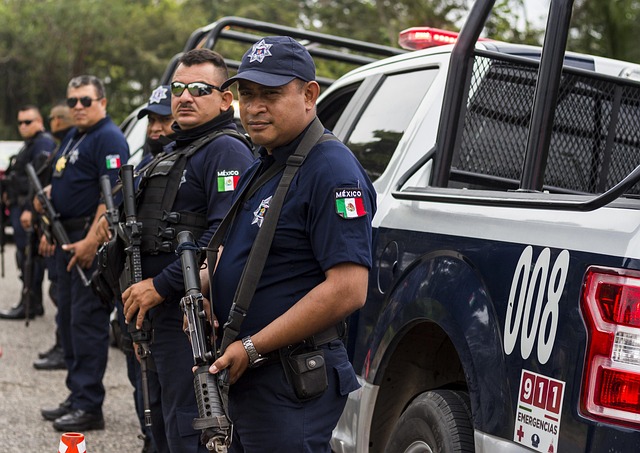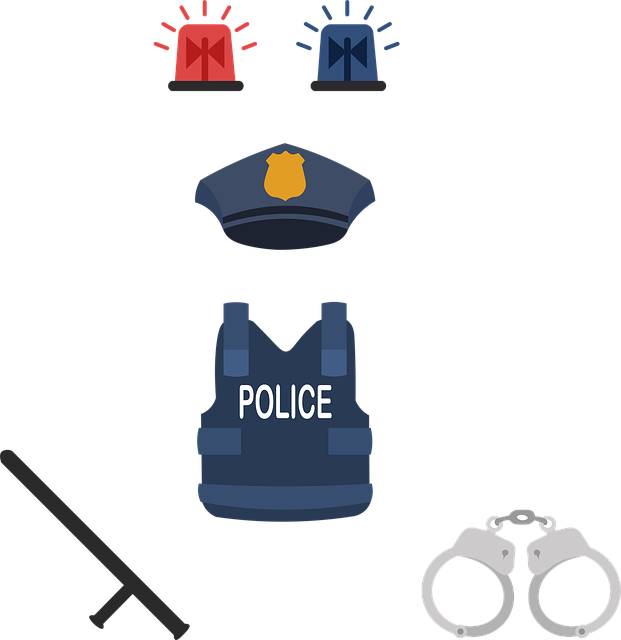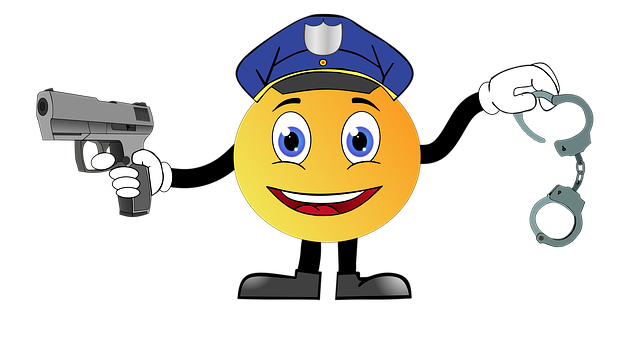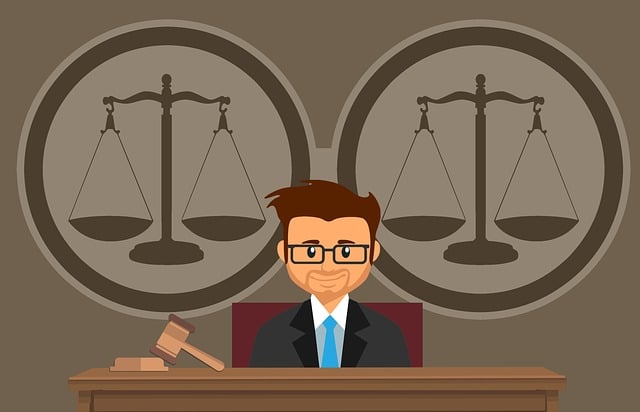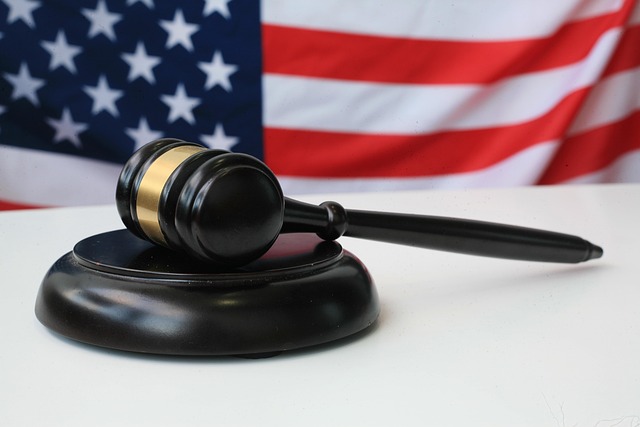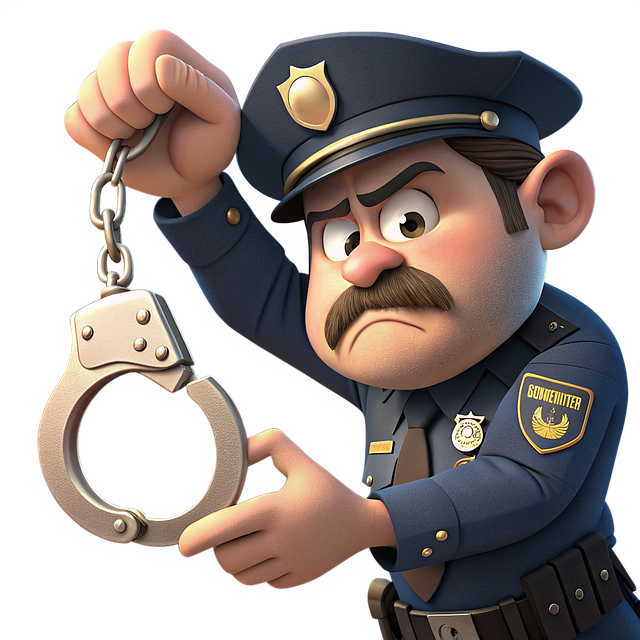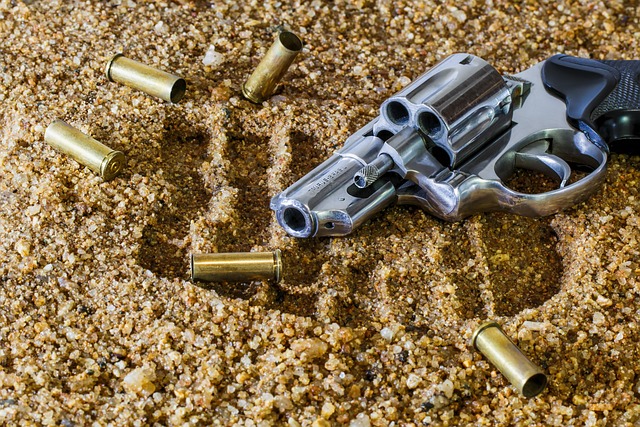Jury consultants are crucial in Environmental Crime Trials, bridging complex science and legal jargon for defense teams, especially in white-collar crimes. They guide jury selection, simplify scientific data for lay jurors, shape public perception, and craft narratives emphasizing environmental impact. Their role is vital for achieving favorable verdicts, influencing legislative decisions, and driving justice reform for effective environmental protection.
Environmental Crime Trials: Holding Polluters Accountable through Innovative Legal Strategies. This article explores the emerging field of environmental crime trials, delving into the legal framework that empowers prosecutors to combat ecocide and other ecological offenses. We analyze key components, from defining these crimes to the crucial role of experts and jury selection processes. Understanding how these elements converge shapes our approach to building compelling cases and driving environmental policy reform through justice. Additionally, we examine the impact of successful trials on fostering sustainability and the vital role of jury consultants in navigating complex environmental legal landscapes.
- Defining Environmental Crime Trials: Legal Framework
- Jury Selection Process and Its Significance
- Role of Experts: Consulting for Sustainability
- Building a Compelling Case: Evidence & Testimonies
- Impact on Environmental Policy & Justice Reform
Defining Environmental Crime Trials: Legal Framework

Environmental Crime Trials, a burgeoning legal field, focus on prosecuting violations impacting our planet’s health, from pollution to habitat destruction. This emerging area of law is defined by its unique challenges—complex scientific evidence, multifaceted regulatory frameworks, and often substantial economic implications. The legal framework underpinning these trials is a intricate web of federal and state statutes designed to deter environmental harm and compensate affected parties. These laws not only establish the parameters for criminal liability but also dictate sentencing guidelines, emphasizing both punishment and rehabilitation.
Within this complex landscape, the role of jury consultants becomes pivotal. They play a crucial part in shaping public perception and influencing verdicts in these high-stakes trials. By understanding scientific evidence, translating legal jargon into comprehensible language, and gauging community sentiment, these professionals empower defense teams, particularly those specializing in white collar and economic crimes, to mount effective defenses for their clients. This strategic support is essential, as environmental crime cases often involve sophisticated white collar defenses, reflecting the increasing interplay between business interests and ecological stewardship.
Jury Selection Process and Its Significance
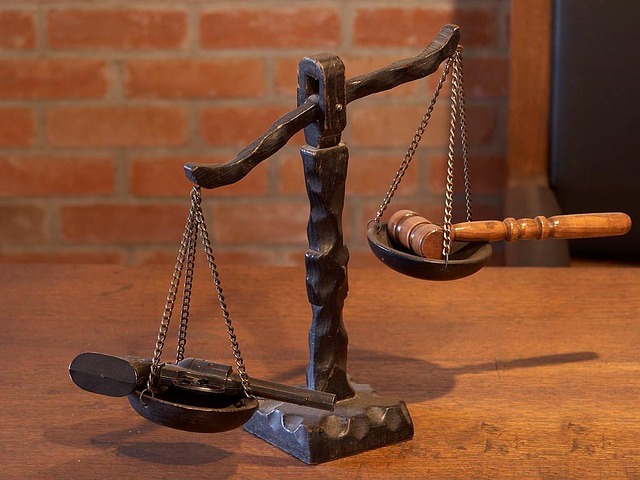
The jury selection process plays a pivotal role in Environmental Crime Trials, acting as a crucial filter to ensure a fair and impartial verdict. This meticulous stage involves sifting through potential jurors, aiming to find individuals who can set aside personal biases and understand the complexities of environmental crimes. The process demands an unprecedented level of focus, given the nature of these cases often involves intricate scientific evidence and legal arguments.
Jury consultants, experts in this domain, guide judges and lawyers throughout this journey. They employ strategic techniques to overcome potential prejudices and bias, ensuring a jury with a complete dismissal of all charges is not influenced by preconceived notions. With an unprecedented track record in securing successful outcomes, these consultants help shape the narrative, ultimately contributing to robust white-collar defense strategies.
Role of Experts: Consulting for Sustainability

In environmental crime trials, experts play a pivotal role, particularly when it comes to sustainability issues. Jury consultants, often overlooked but indispensable, contribute significantly to shaping public perception and influencing jury decisions in complex cases. They bridge the gap between scientific data and legal narratives, ensuring that intricate environmental facts are accessible and comprehensible to lay jurors.
These specialists help craft compelling stories around white-collar and economic crimes, which often lack the dramatic elements typically found in traditional criminal trials. By employing innovative strategies, they guide defense teams in presenting a strong case, especially when aiming for winning challenging defense verdicts in jury trials. Their expertise enables them to anticipate potential juror concerns, clarify technical aspects, and ultimately, enhance the overall presentation of evidence related to environmental degradation or misconduct.
Building a Compelling Case: Evidence & Testimonies
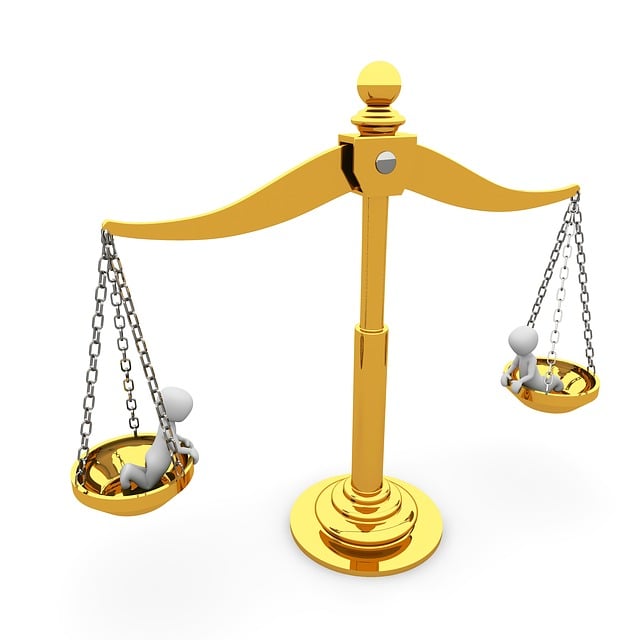
Building a compelling case for environmental crime trials requires robust evidence and powerful testimonies. Jury consultants play a pivotal role in this process, helping to craft narratives that resonate with jurors. By understanding the emotional impact of environmental issues on communities—both philanthropic and political—these experts can ensure that evidence is presented in a way that connects with the jury’s values. This strategy has proven effective across the country, leading to winning challenging defense verdicts.
Testimonies from affected individuals and community leaders are particularly impactful. Jury consultants work closely with these witnesses to prepare them for their roles, ensuring their stories are clear, credible, and compelling. This includes helping them navigate complex scientific concepts and translating technical data into everyday language. Such efforts maximize the persuasive power of testimonies, making environmental crime trials more accessible and meaningful for all involved.
Impact on Environmental Policy & Justice Reform
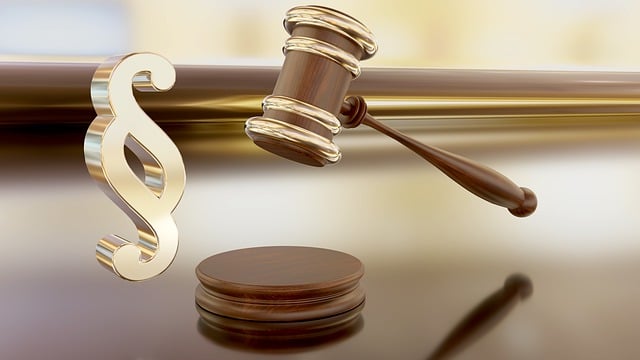
Environmental Crime Trials have far-reaching implications for environmental policy and justice reform. As these cases gain prominence across the country, they bring much-needed attention to ecological preservation and accountability. The outcomes of such trials can significantly influence future legislative decisions, ensuring stricter regulations and penalties for environmental offenders. By holding companies and individuals accountable for their actions, these judicial processes foster a culture of environmental stewardship.
The Role of Jury Consultants in Trials plays a pivotal role in shaping public perception and subsequent legal strategies. In cases involving complex ecological issues, jury consultants help educate jurors about the impact of white-collar and economic crimes on local communities and ecosystems. This specialized knowledge enables jurists to achieve extraordinary results, leading to more effective justice reform and enhanced environmental protection measures nationwide.
Environmental Crime Trials play a pivotal role in holding perpetrators accountable and driving environmental policy reform. By leveraging robust legal frameworks, meticulous jury selection processes, and expert testimony from sustainability consultants, these trials ensure justice is served while addressing the urgent need for ecological preservation. The impact extends beyond individual cases, shaping a more sustainable future by enhancing environmental regulations and public awareness. Furthermore, the effective use of evidence and testimonies strengthens the case for justice, underscoring the crucial contribution of professionals dedicated to environmental law and advocacy. In terms of the broader ecosystem, these trials serve as a testament to the power of legal action in navigating complex environmental issues, ultimately fostering a more sustainable and just society. The role of jury consultants in facilitating these processes is invaluable, ensuring fair and informed deliberation.
